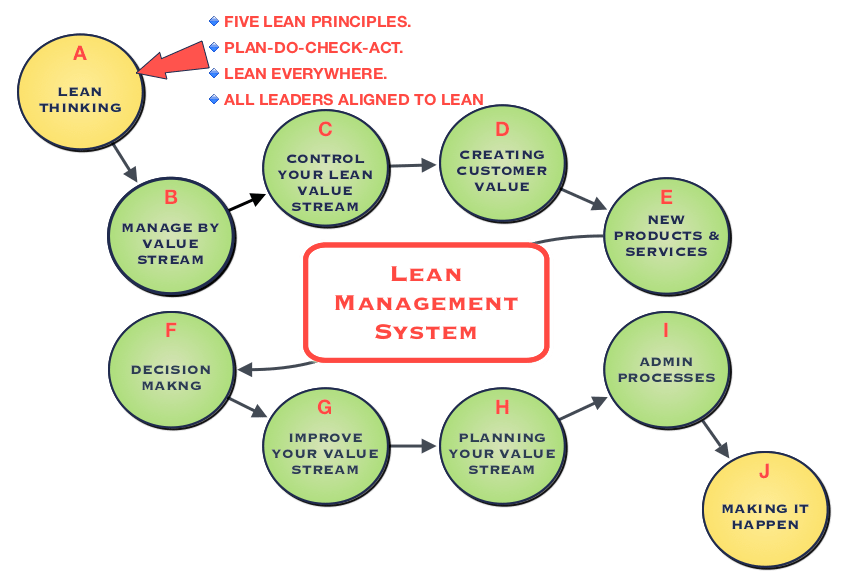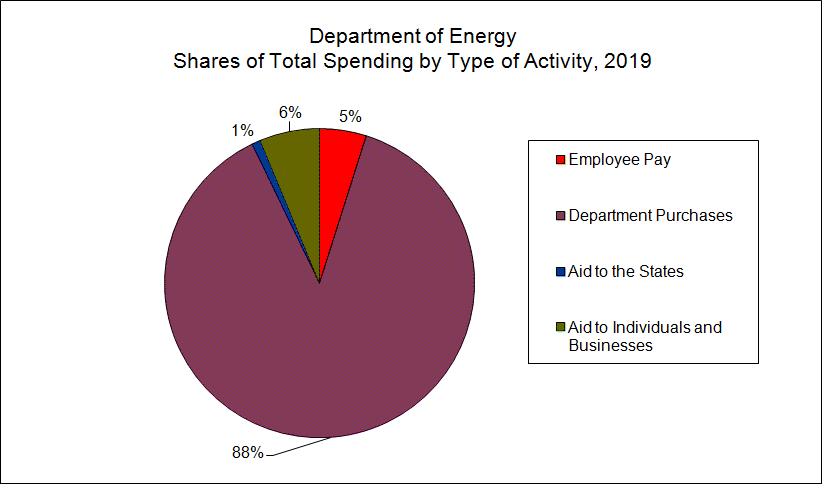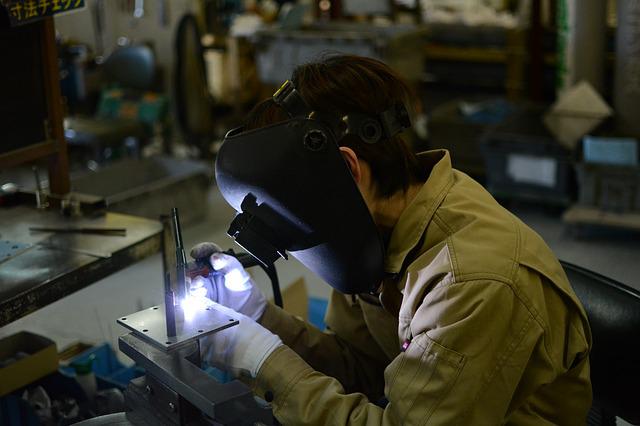
Houston offers many possibilities for logistics professionals. There are many kinds of jobs available in this industry. These include warehouse jobs as well as logistics coordinator and warehouse manager jobs. If you're interested in working in the logistics industry, you can also sign up for job alerts by email.
Greater Houston: Interfaith ministries
Interfaith Ministries of Greater Houston brings together people from different faith traditions to improve Houston's community. These organizations offer services such as meals for homebound seniors, refugee services, and volunteering. They also encourage interfaith relations, community partnerships, and promote interfaith relations. Interfaith Ministries Greater Houston exists to bring people with different faith traditions together in order to create bridges and understanding.

The Church Welfare Bureau, which was founded in 1955, organized the Protestant community and provided assistance to the poor. In 1964, the organization reorganized as Protestant Charities and expanded to include the Jewish community. In 1969, Houston Metropolitan Ministries became the charter organization of Interfaith Ministries in Greater Houston. Interfaith Ministries has been serving the Houston region since then.
Interfaith Ministries Greater Houston offers refugee services to refugees fleeing persecution through the Refugee Services Program. To help refugees settle in Houston, the organization works with Episcopal Migration Ministries as well as the U.S. State Department. In just six months, they help clients become self-sufficient members of the community and productive citizens. Each year, hundreds of refugees benefit this program.
Logistics career opportunities
There are many career options in Houston logistics. These include positions at transportation companies, manufacturing companies, and third-party logistic companies. These positions can be found in either a domestic or foreign organization. These professionals generally earn more than average and have many career opportunities. There are many opportunities for logistic professionals to work in government agencies or consulting firms. Students who have a degree in logistics can pursue many different career paths. The salaries and opportunities for advancement in this field are limitless.
Houston is a great place to start a career in logistics. Houston's expanding economy makes it an attractive place to live and work. A great salary is possible in the city and you have the opportunity to work for many large corporations. Careers in Houston logistics can be a good fit for those with an interest in international business.

Job description
Houston logistics is a great place to find a job. You can make a successful career out of a logistics job, as there are many local businesses. You can work for transport and manufacturing companies, as well for educational institutions or government agencies. Regardless of your background, logistics jobs can lead to high salaries and endless opportunities for career advancement.
FAQ
Can we automate some parts of manufacturing?
Yes! Automation has been around since ancient times. The Egyptians discovered the wheel thousands and years ago. To help us build assembly lines, we now have robots.
There are many applications for robotics in manufacturing today. These include:
-
Line robots
-
Robot welding
-
Robot painting
-
Robotics inspection
-
Robots that create products
Automation can be applied to manufacturing in many other ways. 3D printing, for example, allows us to create custom products without waiting for them to be made.
How can manufacturing efficiency improved?
First, identify the factors that affect production time. Next, we must find ways to improve those factors. If you aren't sure where to begin, think about the factors that have the greatest impact on production time. Once you identify them, look for solutions.
What does the term manufacturing industries mean?
Manufacturing Industries are companies that manufacture products. Consumers are the people who purchase these products. These companies use a variety processes such as distribution, retailing and management to accomplish their purpose. They manufacture goods from raw materials using machines and other equipment. This includes all types if manufactured goods.
What is the job of a logistics manger?
Logistics managers make sure all goods are delivered on schedule and without damage. This is accomplished by using the experience and knowledge gained from working with company products. He/she also needs to ensure adequate stock to meet demand.
What kind of jobs are there in logistics?
There are many kinds of jobs available within logistics. These are some of the jobs available in logistics:
-
Warehouse workers - They load and unload trucks and pallets.
-
Transportation drivers: They drive trucks and trailers and deliver goods and make pick-ups.
-
Freight handlers, - They sort out and pack freight in warehouses.
-
Inventory managers - These are responsible for overseeing the stock of goods in warehouses.
-
Sales representatives - They sell products.
-
Logistics coordinators - They plan and organize logistics operations.
-
Purchasing agents - They purchase goods and services needed for company operations.
-
Customer service agents - They answer phone calls and respond to emails.
-
Shippers clerks - They process shipping order and issue bills.
-
Order fillers: They fill orders based off what has been ordered and shipped.
-
Quality control inspectors (QCI) - They inspect all incoming and departing products for potential defects.
-
Others - There are many other types of jobs available in logistics, such as transportation supervisors, cargo specialists, etc.
What are the main products of logistics?
Logistics are the activities involved in moving goods from point A to point B.
They encompass all aspects transport, including packaging and loading, transporting, storage, unloading.
Logisticians ensure that the product is delivered to the correct place, at the right time, and under safe conditions. They assist companies with their supply chain efficiency through information on demand forecasts. Stock levels, production times, and availability.
They can also track shipments in transit and monitor quality standards.
What is the difference between manufacturing and logistics
Manufacturing is the act of producing goods from raw materials using machines and processes. Logistics includes all aspects related to supply chain management, such as procurement, distribution planning, inventory control and transportation. As a broad term, manufacturing and logistics often refer to both the creation and delivery of products.
Statistics
- In the United States, for example, manufacturing makes up 15% of the economic output. (twi-global.com)
- [54][55] These are the top 50 countries by the total value of manufacturing output in US dollars for its noted year according to World Bank.[56] (en.wikipedia.org)
- Many factories witnessed a 30% increase in output due to the shift to electric motors. (en.wikipedia.org)
- It's estimated that 10.8% of the U.S. GDP in 2020 was contributed to manufacturing. (investopedia.com)
- You can multiply the result by 100 to get the total percent of monthly overhead. (investopedia.com)
External Links
How To
How to Use Six Sigma in Manufacturing
Six Sigma is defined as "the application of statistical process control (SPC) techniques to achieve continuous improvement." It was developed by Motorola's Quality Improvement Department at their plant in Tokyo, Japan, in 1986. Six Sigma is a method to improve quality through standardization and elimination of defects. In recent years, many companies have adopted this method because they believe there is no such thing as perfect products or services. Six Sigma's primary goal is to reduce variation from the average value of production. It is possible to measure the performance of your product against an average and find the percentage of time that it differs from the norm. If you notice a large deviation, then it is time to fix it.
Understanding how your business' variability is a key step towards Six Sigma implementation is the first. Once you understand that, it is time to identify the sources of variation. You'll also want to determine whether these variations are random or systematic. Random variations occur when people make mistakes; systematic ones are caused by factors outside the process itself. If you make widgets and some of them end up on the assembly line, then those are considered random variations. But if you notice that every widget you make falls apart at the exact same place each time, this would indicate that there is a problem.
Once you've identified the problem areas you need to find solutions. This could mean changing your approach or redesigning the entire process. After implementing the new changes, you should test them again to see if they worked. If they didn't work, then you'll need to go back to the drawing board and come up with another plan.